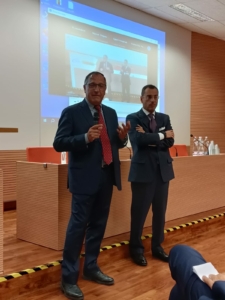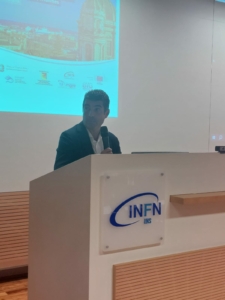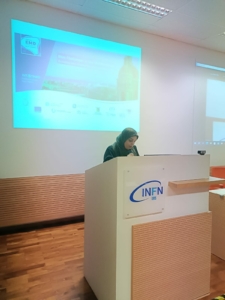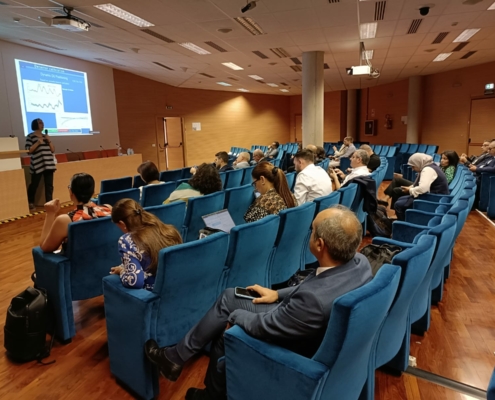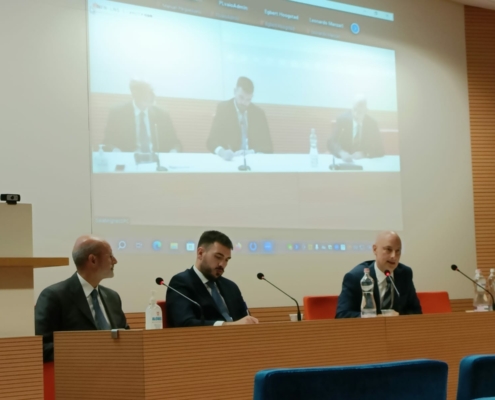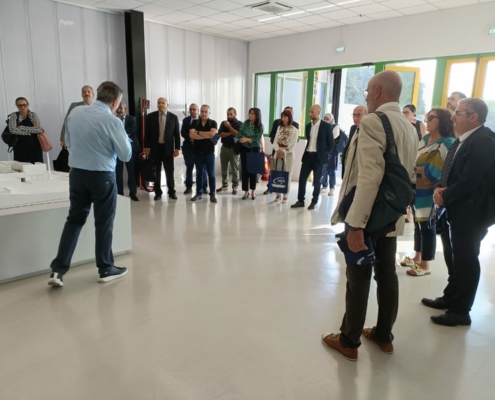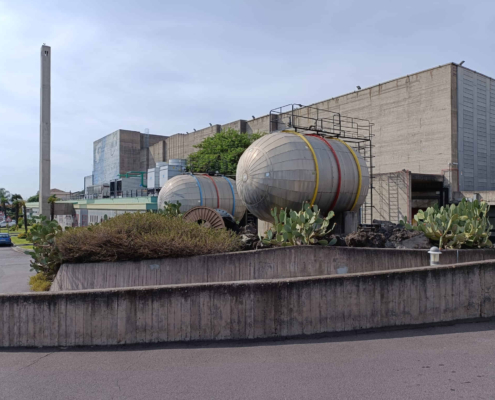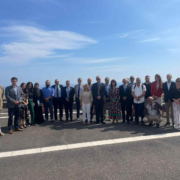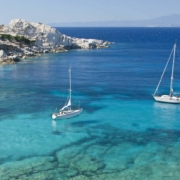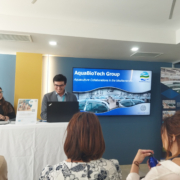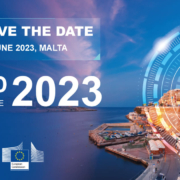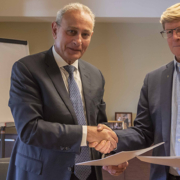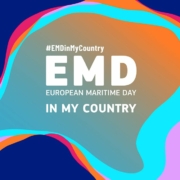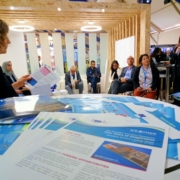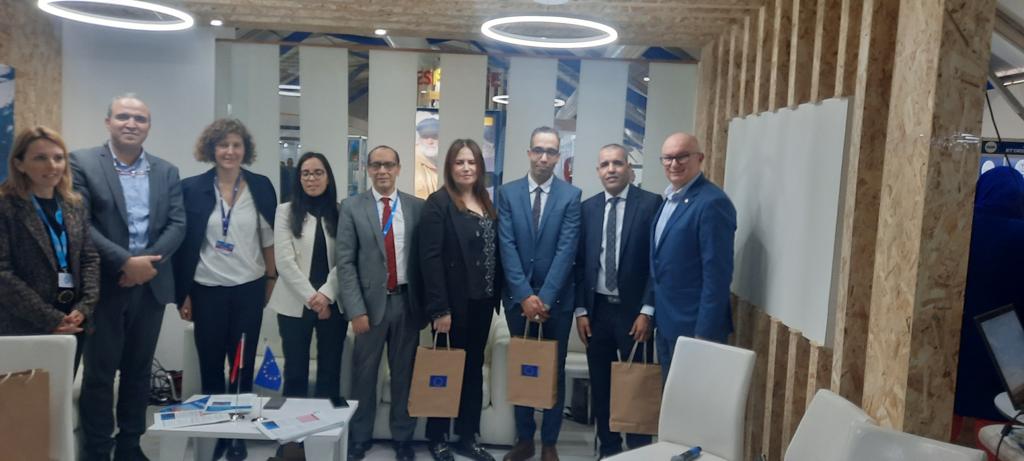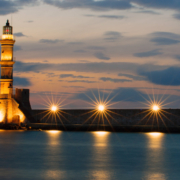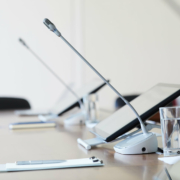Joint Italian-Maltese WestMED national event in Catania boosts blue opportunities in the Mediterranean
For the first time since the launch of the WestMED Initiative and the set-up of the Westmed Technical Assistance Mechanism, a joint national event was coordinated by the Italian and Maltese National Hubs, in Catania on Oct 4-6 2023.
Substantial support
This event was also made possible through the support by the respective National Coordinators, the decisive contribution of the Region Sicily-Dept of Agriculture, Rural Development and Fishery, the Italian national clusters Federazione del Mare and CTN BIG.
With Malta and Italy both centrally located in the Mediterranean, these countries play a pivotal role in strengthening exchanges as well as synergies across the seabasin, particularly towards the Southern Shore countries.
Therefore Sicily, home of the Managing Authority of INTERREG Italy-Malta and INTERREG NEXT Italie-Tunisie, and Catania in particular (with its rich ecosystem of high tech companies, university and research centers) was the natural place to exploit the potential of a North-South event with representatives attending from Italy, Malta, Algeria, Libya, Mauritania and Tunisia.
Istituto Nazionale Fisica Nucleare– Laboratori Nazionali del Sud
The event took place at Istituto Nazionale Fisica Nucleare – Laboratori Nazionali del Sud, which is a branch of the largest Italian research institution, located in Catania. The Institute has sought to valorise the opportunity offered by the WestMED in terms of networking and hosted the event on its premises. The Institute, strongly reaffirms the importance of internationalization and networking, with the national director general and INFN-LNS’s warmly welcoming all participants to the event.
The event also served to highlight the deep-sea research project currently being undertaken by the Institute (KM3NeT) and the application of this research to maritime fields. Participants also benefited from a guided tour of the INFN-LNS premises and visitor center.
Thematic sessions
Apart from the Opening Session on the 4th October, which was reserved for institutions and speakers, the following days of the event were dedicated to thematic sessions, building upon the outcomes of the technical and working groups of the WestMED, as well as the rising challenges experiences in this area of the Mediterranean. These thematic areas focused on:
- Network of Ports and Infrastructures
- Marine Renewables and Desalination,
- Sustainable Fishery and related Biotech Supply Chains,
- Oceanography-Geology-Marine Biology and Ecology
- 2023 edition of MEDBLEUE was also discussed which included participation by CTN BIG, Maritime Tunisien and the Malta Maritime Forum.
Furthermore, the availability of EU funds, particularly the INTERREG ones, were discussed, with the Managing Authorities of Italy, Malta and Tunisia present. Presentations were delivered on the respective programmes from the Managing Authorities of EU Funding Programmes and from the Italian Agency for Cooperation Development AICS.
Many project ideas
The event also gave the opportunity to experienced entrepreneurs and researchers to present their project ideas to potential project partners.
Worth noting is the identification of project ideas stemming from Transport Malta, Port Authority of Northern Tyrrenean, INSTM Tunisia, Mauritanian Marine Cluster, SWAP-TOX project, DuWo srl and Le Vie dei Tesori, Signo Motus who are actively seeking partners and funding opportunities for their project proposals.
Forty participants took part in-person on October 4, 50 on October 5 and 30 on October 6. Between 15 to 30 participants joined remotely online each day.
Finally, the event marked the interest of INFN-LNS to join WestMED activities with the support of the WestMED’s Italian National Hub.
More information
Leonardo Mazari, National Hub Italy | Stephanie Vella, National Hub Malta
Press articles: La Sicilia and Catania Metropolitana
